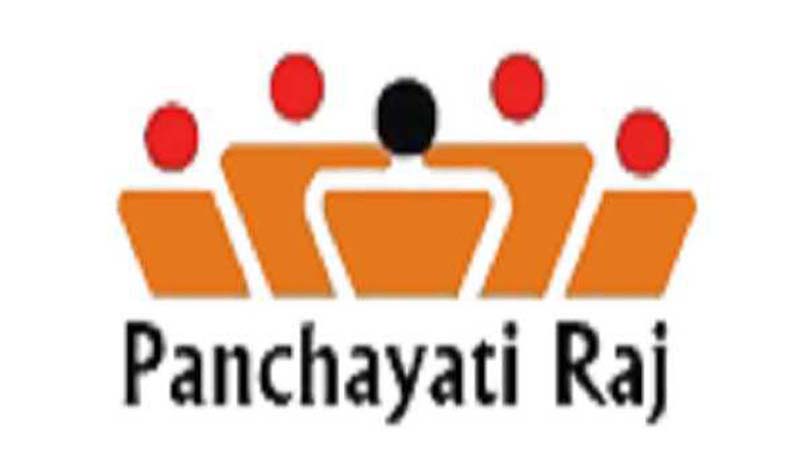Appointment of Ombudsman for ULBs, PRIs
*Vital provisions of laws remain unimplemented
Mohinder Verma
JAMMU, Feb 26: Acting as obstacle in the implementation of vital provisions of two laws aimed at ensuring transparency in the functioning and utilization of funds by the Urban Local Bodies (ULBs) and Panchayati Raj Institutions (PRIs), the Housing and Urban Development Department and Rural Development Department are not taking seriously explicit directives of the Government for appointment of Ombudsman during the past several months.
The Legislature of the then State of Jammu and Kashmir had enacted the Municipal Ombudsman Act in the year 2010 in order to establish the mechanism for the purpose of investigating charges of corruption or maladministration in the Urban Local Bodies (Municipal Corporations, Municipal Councils and Municipal Committees). Similarly, J&K Ombudsman for Panchayats Act was enacted in the year 2014 with the same objective.
Both these Acts were amended by the Union Ministry of Home Affairs through Jammu and Kashmir Reorganization (Adaptation of State Laws) Order dated March 31, 2020. The main objective behind the amendments was to relax the eligibility criteria for the appointment of Ombudsman for the Urban Local Bodies (ULBs) and Panchayati Raj Institutions (PRIs).
“The issue of appointment of Ombudsman for the ULBs and PRIs was discussed in numerous meetings of the Committee of Secretaries chaired by the then Chief Secretary B R Subramanyam and present Chief Secretary Dr Arun Kumar Mehta and accordingly directions were issued to both the departments for paying serious attention towards these vital provisions of two laws”, official sources told EXCELSIOR.
The latest direction was issued by the Chief Secretary in a meeting held on December 29, 2021. “Housing and Urban Development Department and Rural Development Department are directed to expedite the process for appointment on vacant positions of Ombudsman”, read the minutes of meeting, the copy of which is available with EXCELSIOR.
However, these departments have not paid any serious attention towards the explicit directives of the Chief Secretary for the reasons best known to them, sources informed, adding “the most astonishing aspect is that concerned officers of these departments are even not aware of the provisions of the law laying thrust on the appointment of Ombudsman”.
EXCELSIOR contacted officers handling provisions of law in the Housing and Urban Development Department but they fanned ignorance about the same. “I will have to check whether such provision exists in the law”, said Special Secretary Law Showkat Ahmad Mir. Similarly, Pradeep Singh Thakur, Senior Law Officer said, “it’s not my subject”.
A number of attempts were made to contact the Principal Secretary Housing and Urban Development Department Dheeraj Gupta to ascertain the reasons behind delay in the appointment of Ombudsman but there was no response.
On the other side, some of the officers of the Rural Development Department, while wishing anonymity, admitted that there is a provision in the law for appointment of Ombudsman for the Panchayati Raj Institutions but said, “no exercise has been initiated in this regard so far”, adding “there are several other provisions which needs to be implemented in letter and spirit”.
“We have not been consulted by these departments on the appointment of Ombudsman till date”, sources in the Department of Law, Justice and Parliamentary Affairs said, adding “the Ombudsman are required to be appointed to ensure transparency in the functioning and utilization of funds by the ULBs and PRIs”.
It is pertinent to mention here that the objective behind appointment of one each Ombudsman for Urban Local Bodies and PRIs is to ensure timely investigation into charges of corruption and maladministration in these grass root level democratic institutions.
The Ombudsman, for the purpose of investigation, shall have the powers as are vested in the Civil Court while trying a suit under the Code of Civil Procedure in respect of summoning and enforcing the attendance of any witness and examining him; requiring the discovery and production of any document, receiving evidence on affidavits and requisitioning public records from any court or office, read the relevant provisions of laws.


